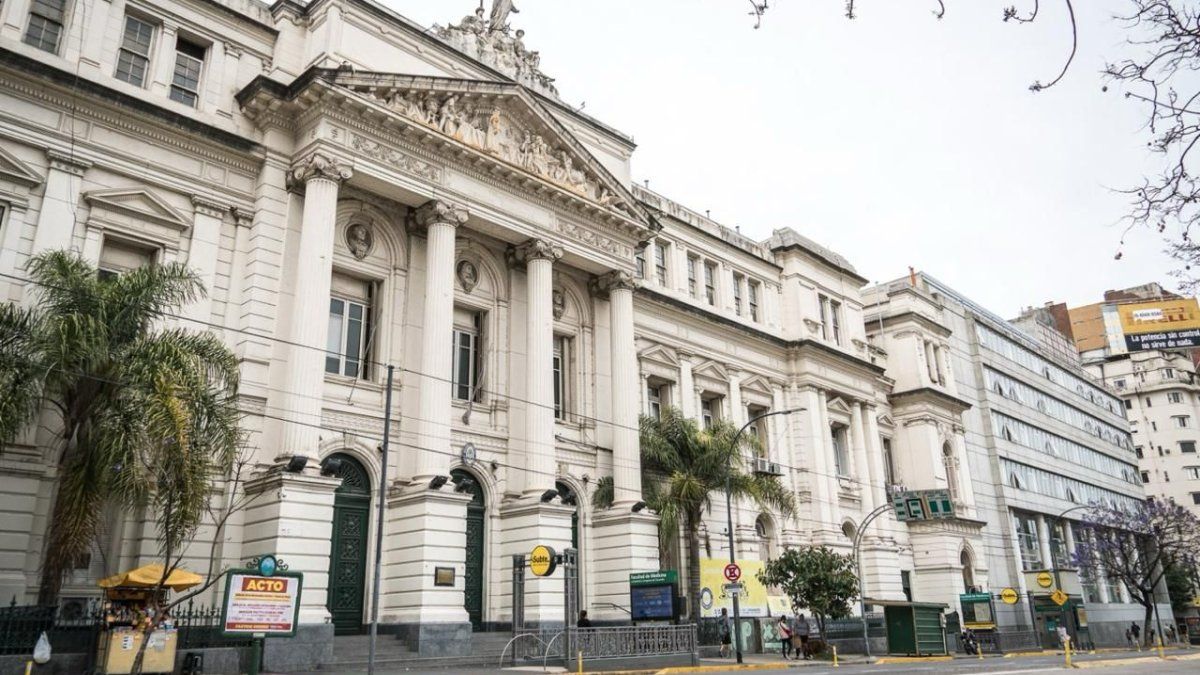Argentine public universities are going through such a critical situation as revealing the lack of commitment of the current national management headed by the president, Javier Milei, with one of the fundamental pillars of development: higher education.
Although the budget issue is one of the most serious and urgent, it is not just about money. Since the end of 2023, teaching wages and administrative staff constantly lost their purchasing power, while operating expenses are insufficient to sustain the essential activities of any university. This lack of financing also affects strategic programs that allowed to open new careers, create headquarters and expand the national university system.
Government policy chose to deepen the systematic lack of financing, by extending expired budgets and avoiding any type of serious debate as a state policy.
For worse the economic adjustment does not come alone: it is accompanied by a speech that seeks to discredit the public universities to which they are accused of opacity in the management of funds or being closed corporations that defend privileges, statements that do not resist the minimum verification.
In that sense, the reports of the General Audit of the Nation, as well as those that each institution presents annually, demonstrates the transparency of the system and its commitment to society.
The paradoxical thing is that Argentine society trusts and values its public universities: all opinion studies agree to qualify them as one of the most social prestige institutions, not only for their ability to train professionals but also because of their strategic role in the production of knowledge, scientific development and the construction of citizenship within the framework of a space for the ideological and political diversity that lives in classrooms.
Far from being a corporation, the public university is a plural space that generates leaders of the most diverse political signs.
The National Interuniversity Council (CIN), which had the honor of presiding over until 2022, drawn a road map with seven strategic points to strengthen the university system through guidelines that cover from the discussion about the extension of the careers to the implementation of academic credits that allow a more flexible and articulated training.
However, without genuine financing and without a clear support policy, any effort runs the risk of being simple diagnoses.
What is at stake is not only the present of universities, but the future of the country. A permanent adjustment model, without a horizon of investment in science, technology and education, condemns Argentina to lose competitiveness and to dismantle its social fabric.
It is a priority to build a strategic look that understands that the public university is not an expense, but one of the few tools that can guarantee real equal opportunities and social mobility.
As former rector of the National University of Jujuy and former president of the CIN, I met firsthand how the commitment of teachers, researchers and students hold the university system every day, even in the midst of difficulties. Today, more than ever, we must defend it in the face of emptying and discredit attempts. Because every time it is cut in education, it is cut in the future.
Ex -rector of the National University of Jujuy and former president of the National Interuniversity Council.
Source: Ambito
David William is a talented author who has made a name for himself in the world of writing. He is a professional author who writes on a wide range of topics, from general interest to opinion news. David is currently working as a writer at 24 hours worlds where he brings his unique perspective and in-depth research to his articles, making them both informative and engaging.




